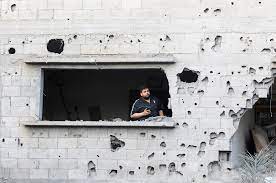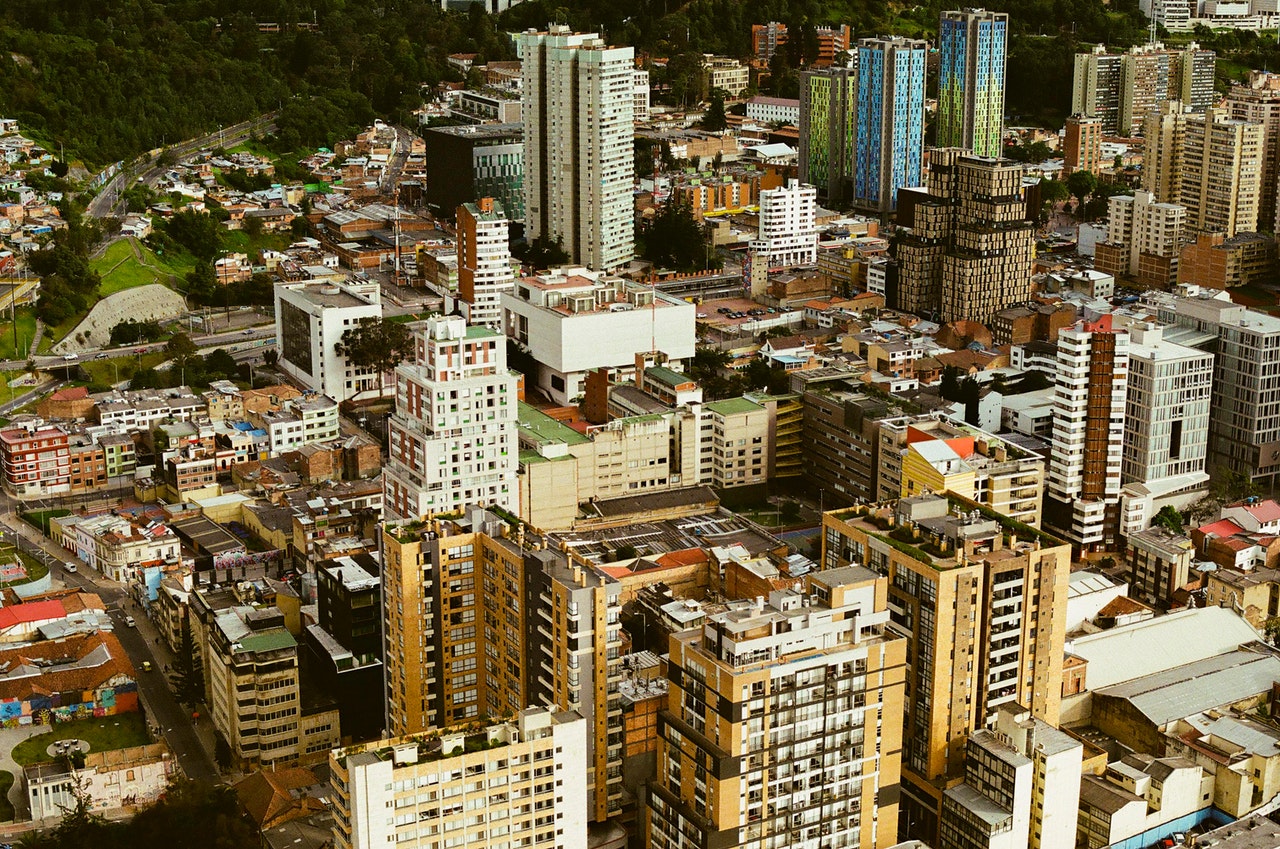International humanitarian organizations and relief workers currently on the ground in Gaza are issuing urgent pleas for global assistance. Israeli airstrikes have caused hundreds of casualties and injuries, placing immense pressure on the besieged enclave’s already strained healthcare infrastructure.
Gaza is home to over 2 million people living in densely populated cities, and the region was grappling with a shortage of vital medical supplies even before the latest escalation of hostilities. Approximately 1,100 patients, including many children with kidney failure, are at risk of losing their lives without access to life-saving dialysis treatments.

However, the most immediate and pressing issue faced by Gaza’s medical professionals is the overwhelming number of casualties resulting from Israeli bombings. Hospitals are inundated with thousands of injured individuals.
Israel has severed essential supplies, including water, food, and electricity, as it continues to bomb this densely populated Palestinian enclave following Hamas’s surprise attack on Israeli towns near Gaza’s borders.
Gaza’s healthcare system was already teetering on the brink of collapse due to more than 16 years of economic blockade, even before Israel imposed a “complete siege.” The World Health Organization (WHO) has called for the establishment of a humanitarian corridor to provide access in and out of Gaza.
Since Saturday, over 187,500 people in Gaza have been displaced, as Israeli strikes have targeted apartment buildings, leaving residents with only minutes to evacuate before the bombings. Most of the displaced individuals have sought refuge in United Nations-run schools, with at least 18 of these temporary shelters suffering damage from Israeli airstrikes, resulting in injuries and fatalities.
The sole hospital in Gaza’s Beit Hanoun city, home to over 36,000 people, has been damaged and rendered non-operational by Israeli airstrikes. Dr. Medhat Abbas, an official with the Gaza-based Health Ministry, noted that the healthcare facilities are consuming a month’s worth of supplies in a single day.
Hospitals in Gaza receive only 3-4 hours of electricity, endangering the lives of injured individuals dependent on ventilators and life-saving equipment. The most significant challenge in delivering aid at present is the lack of safe access.






